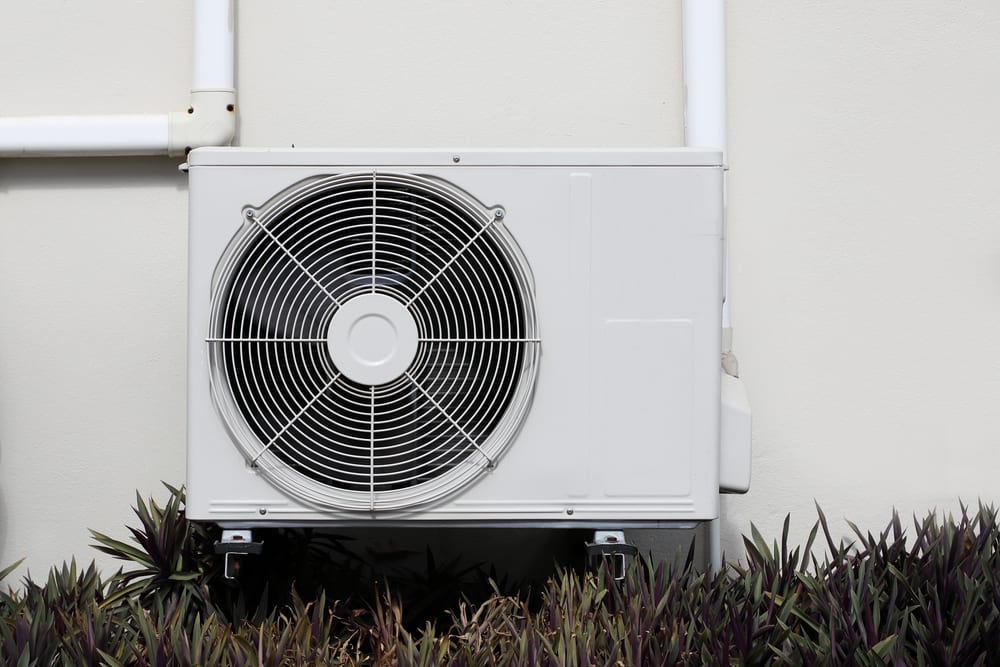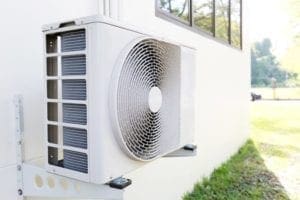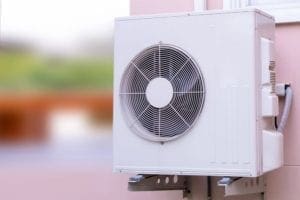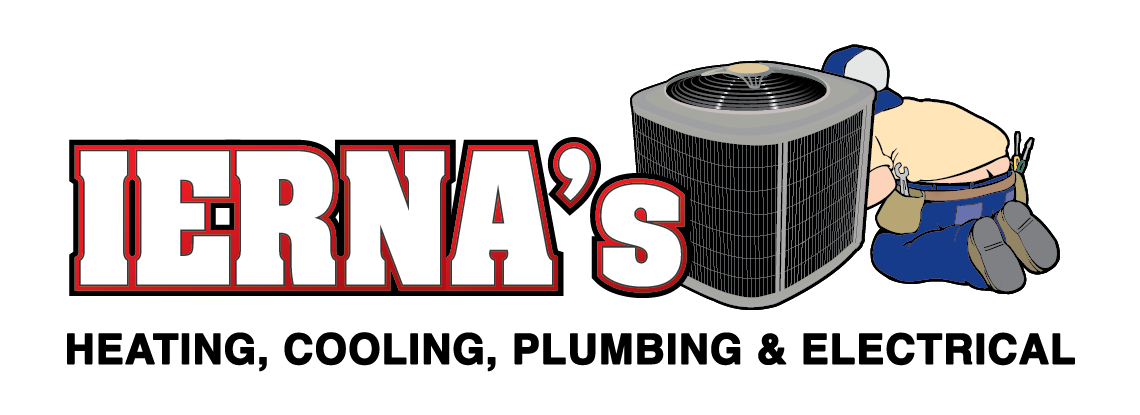
Managing your heat pump helps maintain a comfortable and energy-efficient home. However, common heat pump mistakes can lead to decreased performance and increased costs. You may ignore regular maintenance or have improper thermostat settings. That is why we will explore these frequent errors and offer practical advice on rectifying them.
Table of Contents
Read More: Answering Your Heat Pump FAQs
Heat Pump Installation Mistakes
When installing a heat pump, be aware of potential installation errors that can impact the system’s efficiency and longevity. Here are some common issues to consider:
-
Wrong Size
The wrong size heat pump can be a fiasco for your home heating or cooling system. Anything too large leads to rapid cycling, stressing the blower motor and increasing energy bills. A heat pump that is too small will struggle to maintain comfortable temperatures, resulting in high energy usage and uneven heating or cooling.
A proper assessment by an HVAC technician is the key to avoiding these heat pump problems. They will consider factors like local climate, home size, insulation, and household size.
-
Improper Clearance
The outdoor unit of a heat pump requires adequate clearance for air circulation. If this is not in place, the unit can’t efficiently draw in air, leading to overheating in summer and increased wear. A minimum clearance of 24 inches from any obstruction is recommended. Regular maintenance, such as trimming nearby plants and removing debris, prevents these heat pump issues.
-
Refrigerant Problems
Refrigerant issues can arise from improper installation. A new unit low on refrigerant might indicate a leak or insufficient initial charging. Low refrigerant levels stress the heat pump, leading to high energy costs and potential breakdowns. This is often signaled by ice formation on the evaporator coil. Conversely, excess refrigerant can damage the compressor.

Avoid Making These 8 Heat Pump Mistakes
Knowing these common errors can help you maintain an optimal performing heat pump and save on unnecessary costs. Here are some key heat pump mistakes to steer clear of:
Skipping Regular Maintenance
Regular maintenance is essential for the longevity and efficiency of heat pumps. Neglecting this can lead to significant heat pump problems. Having your unit checked by a qualified technician at least annually is advisable. This proactive approach helps in early identification and resolution of potential issues. This ensures your heat pump runs efficiently and prevents costly repairs.
Ignoring Odd Sounds
Heat pumps are generally quiet. It’s a sign of an underlying issue if you notice unusual sounds. Strange noises can indicate loose parts, worn bearings, failing compressors, or refrigerant leaks (often identified by a hissing noise). To address these heat pump issues, call a qualified technician for a thorough inspection and necessary repairs.
Incorrect Thermostat Settings
A common mistake is improper thermostat settings. Setting the thermostat too high in winter or too low in summer forces the heat pump to overwork, increasing energy costs. The U.S. Department of Energy suggests setting your thermostat to 68 degrees in winter and 78 degrees in summer for optimal efficiency.
Not Turning Down Backup Thermostat
Many users forget to adjust their backup thermostat settings, leading to unnecessary energy consumption. Ensuring that your backup system is set appropriately can enhance the efficiency of your heat pump.
Using a Low-Quality Filter
A low-quality or clogged filter restricts airflow, making your heat pump work harder and reducing lifespan. Filters with higher MERV ratings (8 or higher) are more efficient at trapping particles and extending the life of your heat pump.
Incorrect Refrigerant Levels
Low refrigerant levels force the pump to work harder, reducing efficiency and increasing energy costs. Regular checks and professional maintenance are necessary for managing refrigerant levels. Remember, DIY attempts can be hazardous.
Not Checking for Air Leaks
Air leaks in the ductwork can severely impact the efficiency of heat pumps. These leaks force the system to work harder to maintain desired temperatures, increasing energy usage. Ensuring your ductwork is properly sealed is a key step in the heat pump installation process.
Worrying About Saving Money
Focusing excessively on the swap-over point (the temperature at which it’s more cost-effective to use backup heating) can be counterproductive. Heat pumps are generally more efficient than most backup systems.

Read More: The Best Thermostat Setting for Florida Weather
Conclusion
Addressing common heat pump mistakes is vital for ensuring the efficiency and longevity of your heating and cooling system. Regular maintenance, attention to strange noises, correct thermostat settings, and the use of high-quality filters are vital practices that can impact the performance and durability of your heat pump. Being aware of these aspects and taking proactive steps to address them can save you from facing inconvenient and costly issues down the line.
If you need clarification on any aspect of your heat pump’s operation or maintenance, Book online to talk to a heat pump repair expert. Contact IERNA’s to ensure that these common mistakes are avoided and that your system remains a reliable and efficient part of your home’s heating and cooling system.

